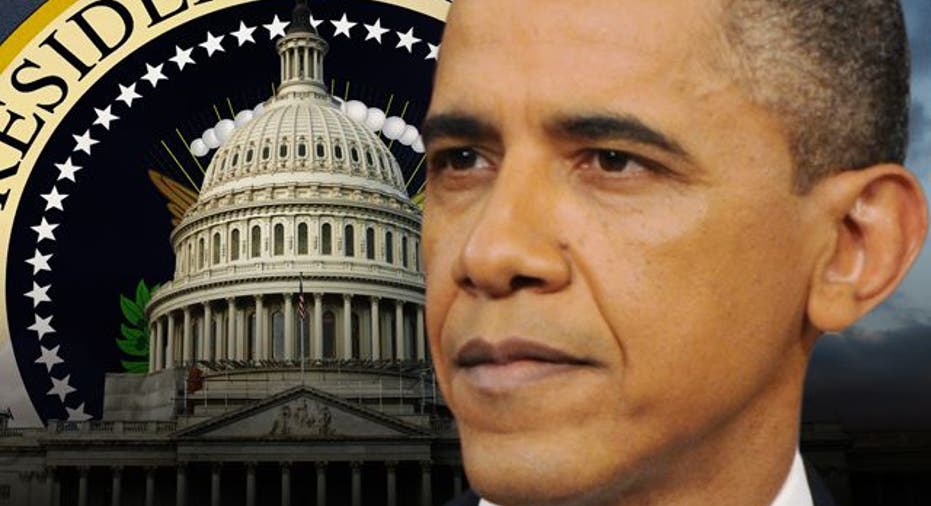If $250K-Plus Earners Lose Tax Breaks, Then 710,000 Will Lose Jobs, Says Study

President Obama’s initiative to let Bush-era tax breaks for those making more than $250,000 expire will lead to fewer jobs, lower wages and a smaller economy, according to a new study.
According to the report released by Ernst and Young, a lapse of the tax breaks will mean in 2013 the top tax rate on ordinary income will rise from 35% to 40.9%, the top tax rate on dividends will rise from 15% to 44.7% and the top tax rate on capital gains will rise from 15% to 24.7%. These rates will discourage savings and reduce investment, according to the study, which was prepared on behalf of the Independent Community Bankers of America (ICBA), National Federation of Independent Business (NFIB), the S Corporation Association and U.S. Chamber of Commerce.
According to the report, if the president’s tax proposal goes into effect the economic output in the “long-run” will fall by 1.3% -- or $200 billion, and employment will decrease by 0.5% -- or 710,000 jobs.
“This study shows that raising taxes next year will have a devastating impact on small businesses, including community banks,” ICBA President and CEO Cam Fine said in a statement.
“Many community banks and other small businesses are organized as Subchapter S corporations, which would face a nearly 10 percent tax hike—limiting growth and threatening our nation’s economy.”
In addition, the study says capital stock and investment would fall by 1.4% and 2.4% respectively in the long-run. Finally, real after-tax wages will decrease by 1.8%, which reflects a decline in workers’ living standards, the study reports.
“While House Republicans are focused on jobs, the President and Congressional Democrats continue to play politics with the issue of expiring taxes at the year’s end,” Rep. Sam Graves (R-MO) said in a statement. “Dividing the nation based on class envy may be effective politics, but it doesn’t address our nation’s most pressing problem – jobs.”
Mike Brey, owner and president of Brey Corp. t/a Hobby Works (R) in Laurel, Md., said the Ernst and Yound report left him frustrated and that he feels the NFIB in particular has offered more criticism than solutions for the economic recovery as of late. Brey is a member of the Small Business Majority business council.
“This report reflects the partisan bickering going on in Congress now, and ignores one obvious fact—this whole ‘fiscal cliff’ thing Congress put in place is only there because they couldn’t get the job done last year or the year before,” Brey said.
President Obama’s tax proposal will not impact the vast majority of small business owners, Brey said, because they often make less than $250,000 annually. Many businesses that are growing and making more than that are simply reinvesting their cash back into the business, and can write off many of their investments and purchases, he said.
“You are not affected by the consequences of this anyway, because you are putting your money back into the business,” he said. “It’s hard to imagine these [economic] declines wouldn’t be offset by rising consumer sentiment and excitement that Congress would be actually doing something to help the economy.”



















